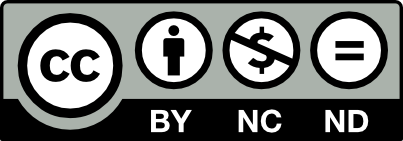Swallowing words: relational and symptomatic processes in a grieving family
DOI:
https://doi.org/10.23823/9syhkm79Keywords:
grieving, family, binge eating, communication, intergenerational transmissionAbstract
This clinical case retraces Matilde’s psychotherapy journey, centred on the loss of her young son Valerio, and on the following emotional, relational, and symptomatic rebounds. Through systemic and relational lenses, it was possible to investigate the unsuccessful processing of the loss by the family, the display of psychic suffering through an eating disorder and the conservation of the system’s homeostasis through silence. The reinterpretation of these processes, interconnected by means of the family specific relational dynamics, based on triangulation transactions and on low self-differentiation, will first lead to a redefinition of Matilde’s symptoms from a relational and communicative perspective. This change will trigger another one, namely in the transactional models among family members; the care mandate, transmitted upon Matilde by previous generations, will be challenged. This will allow to initiate an individuation-differentiation process in each member of the nuclear family. Family members’ differentiating pressures could then pave the way to possible clinical meetings with the whole family. The centrality of relational and family issues within this clinical case, such as self-differentiation, emotional shock wave, intergenerational transmission, among others, underline the importance of the systemic viewpoint even in individual psychotherapy, when this focuses on symptoms that are rooted in the family environment.
Downloads
Downloads
Published
Conference Proceedings Volume
Section
License
Copyright (c) 2025 Giancarlo Spennato

This work is licensed under a Creative Commons Attribution-NonCommercial-NoDerivatives 4.0 International License.
Authors who publish in this journal agree to the following:
- Authors retain the rights to their work and give to the journal right of first publication of the work simultaneously licensed under a Creative Commons License - Attribution that allows others to share the work indicating the authorship and the first publication of this journal.
- Authors can accept other non-exclusive licensing agreements for the distribution of the published version of the work (eg. Deposit it in an institutional repository or publish it in a monograph), provided to indicate that the document was first published in this journal.
- Authors can spread their work online (eg. In institutional repositories or on their website) before and during the submission process, because it can lead to productive exchanges and increase the work published citations (See The Effect of Open Access) .










